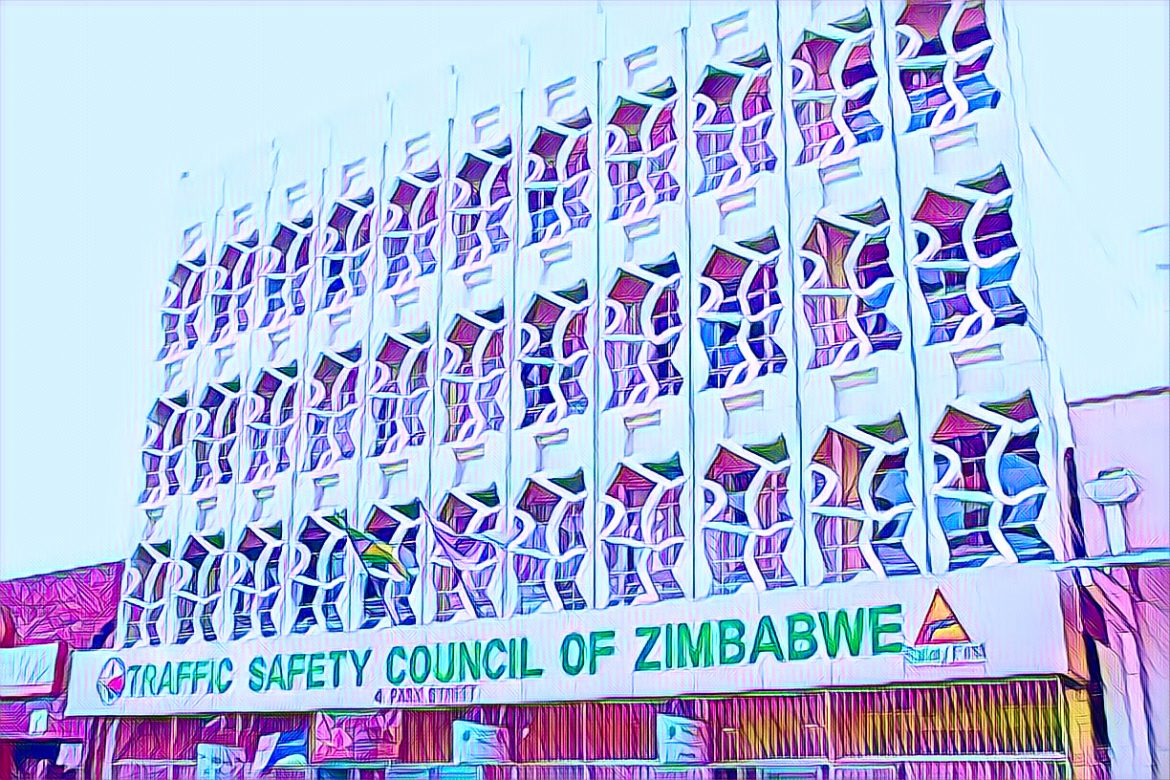To curb the alarming rate of road accidents, the Zimbabwean government has launched a comprehensive road safety campaign involving multiple departments. This initiative, spearheaded by the Traffic Safety Council of Zimbabwe (TSCZ) and supported by various partners, aims to tackle the persistent issue of road carnage on the nation’s highways. The effort comes as the country prepares for the upcoming holiday season, a period often marked by an increase in traffic accidents.
The Vehicle Inspectorate Department, the Zimbabwe Republic Police, and the Zimbabwe National Roads Authority have been mobilized with a specific mandate. These agencies are now active on all major highways, engaging directly with road users to promote safe driving habits. This collaboration underscores the government’s commitment to reducing road fatalities and ensuring safer travel for all citizens.
The Traffic Safety Council of Zimbabwe has expanded its partnership network this year, bringing in Discovery Ambulance Services, an emergency medical provider. The inclusion of Discovery Ambulance Services highlights the campaign’s holistic approach, emphasizing not only prevention but also rapid response to accidents. The campaign, which was launched recently, reflects the ongoing efforts to create a safer road environment for all Zimbabweans.
During the launch, TSCZ Managing Director Munesu Munodawafa emphasized the dual focus of the campaign: safer vehicles and safer drivers. He stressed that while vehicle safety is crucial, the ultimate responsibility lies with drivers. Munodawafa urged drivers to adhere to speed limits and other traffic regulations to reduce the risk of accidents.
“We are saying for everyone to enjoy safer roads, you need safer vehicles, but the bigger responsibility lies in the hands of the drivers, so you also need safer drivers to arrive alive,” Munodawafa said. His statement underscores the need for personal accountability on the road, a key message of the campaign.
The campaign is particularly timely as Zimbabwe approaches the Heroes and Defense Forces holidays, a period historically associated with a spike in road accidents. Last year, 15 people lost their lives in road traffic accidents during these holidays. While this figure represents a decrease from previous years—such as in 2004 when 29 lives were lost—there is still much work to be done.
One positive development has been the rehabilitation of many of the country’s highways. The improved road network has brought hope that accidents will decrease. However, this optimism is tempered by a worrying trend: better roads have also led to an increase in reckless driving. Speeding, dangerous overtaking, and other risky behaviors are becoming more common, leading to serious accidents. The TSCZ’s campaign seeks to address these behaviors by raising awareness and promoting safer driving practices. Munodawafa acknowledged that while the campaigns have been effective in reducing accidents, challenges remain. He noted that despite the efforts, a few accidents still occur, highlighting the need for ongoing vigilance.
Discovery Ambulance Services, a key partner in this initiative, is playing a crucial role in the campaign. The company’s founder and CEO, David Munowenyu, outlined their preparedness for the holiday season. He emphasized the importance of rapid response in saving lives, noting that the first 15 minutes after an accident are critical.
“Our motto is that every life matters, every second counts and we are living by it. We are strategically positioning ourselves so that in the event of any road traffic accident, we are on the spot as soon as possible to save lives,” Munowenyu said. His comments reflect the company’s commitment to providing timely and effective emergency services.
Discovery Ambulance Services has expanded its operations over the past two months, positioning ambulances in key locations across the country. Cities like Bulawayo, Bindura, Mutare, Kwekwe, and Masvingo now have dedicated ambulances ready to respond to emergencies. Munowenyu highlighted that the company’s ambulances are equipped with advanced medical equipment and staffed by highly-trained personnel. This ensures that victims of road accidents receive immediate care, increasing their chances of survival.
Despite these efforts, Munowenyu expressed concern that the public’s confidence in the ambulance service system has waned. He urged Zimbabweans to recognize the value of calling an ambulance in emergencies. According to Munowenyu, ambulance attendants are registered health practitioners who can stabilize patients before transporting them to the hospital. He pointed out that rushing a patient to the hospital in a private vehicle often results in delays in receiving care.
“The advantage of calling an ambulance to an emergency is that ambulance attendants are registered health practitioners, who will stabilize the patient first before rushing to hospital, whereas if you rush with a patient in your car to hospital they will probably take a long time to be admitted,” he explained. Munowenyu’s appeal is part of a broader effort to restore public trust in emergency services and encourage the use of professional medical help during accidents.
The road safety campaign also received support from influential public figures, including Pastor Charles Charamba, who participated in the launch event. Charamba, a well-known figure in Zimbabwe, expressed his hope that drivers would take the campaign’s messages to heart. He emphasized the importance of driving cautiously and dismissed the notion that accidents are caused by supernatural forces, a belief held by some in the country.
“While we plan everything, we must always remember that God has the final say. But at the same time we must do our part as humans to make sure that we can avoid what is avoidable and stop blaming the supernatural for over-speeding,” Charamba said. His remarks aimed to shift the focus from superstitious beliefs to practical safety measures, reinforcing the campaign’s message that human actions play a crucial role in preventing accidents.
The Zimbabwe Republic Police (ZRP) is also playing a significant role in this initiative. National spokesperson Commissioner Paul Nyathi reaffirmed the police’s commitment to enforcing traffic laws and bringing road offenders to justice. Nyathi acknowledged that while the law is a powerful tool, it has its limitations. He called on all road users to act responsibly and adhere to traffic regulations.


